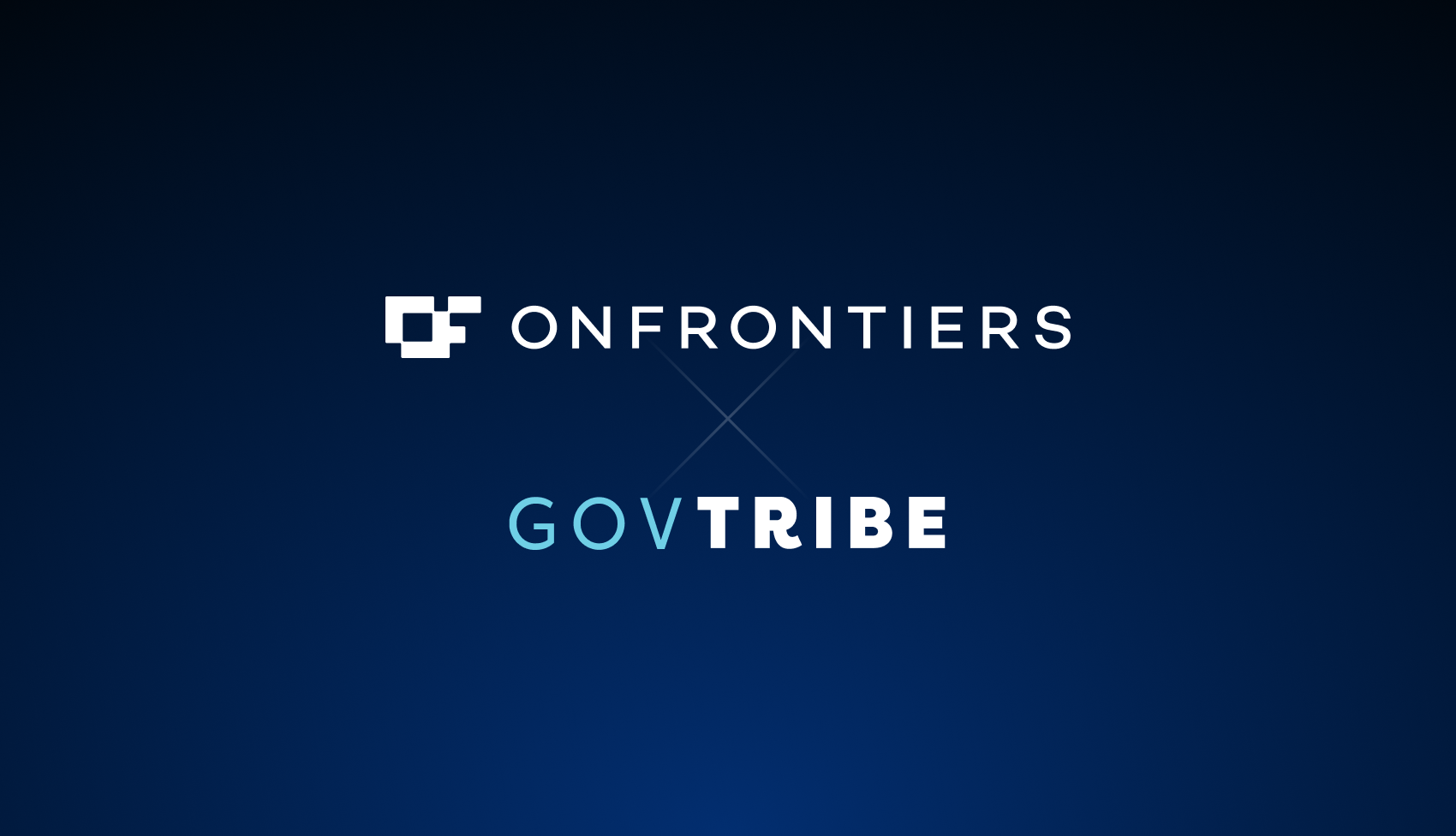An Innovation Disrupting Foreign Assistance Delivery: Remote Technical Assistance (RTA)

International development and relief assistance increasingly turn to remote technical assistance for fast, quality knowledge access
Whether it be a local market nuance in Bangalore or specific ways to improve quinoa crop yields, it’s no secret that tailored expertise improves project outcomes. Enterprises are constantly consulting with experts to gain an edge. But how do you harvest this intelligence and at what cost?
When seeking quality technical assistance (TA) or short-term technical assistance (STTA), we encounter a few major obstacles:
- Limited pool of experts
- Inefficient/expensive selection process
- Difficulty extracting maximum value
How is remote technical assistance eliminating these stumbling blocks? Let’s take a look.
Reach Out Farther
When seeking expert advice, our sphere of personal contacts might be relatively small or even non-existent — especially when dealing with distant emerging market challenges. What if you could access an online platform that curates a wide range of high quality technical experts? Would you rather have 1 or 2 candidates to choose from or a pool of 20?
“Remote strategies expand the possibilities available to the forward thinking enterprise.”
Larger numbers increase the likelihood of capturing quality as well as the chance that you’ll find the right person for your specific situation. Remote TA isn’t meant to replace conventional TA models. Personal recommendations always count. Instead, remote strategies expand the possibilities available to the forward thinking enterprise.
Demand Driven
How does one go about searching for experts? You can ask around, search the web or look towards social media (LinkedIn, Quora, etc.). Still, these methods are cumbersome and can be hit-or-miss. It makes more sense to tap into solutions that are purely demand driven. If you need to know about the current status of grain storage supply chains in Mozambique, remote TA can answer specific inquiries like this.
This level of specificity cannot be found on crowd-knowledge sites as the intent is different. With remote TA, the objective is to connect directly with an expert, converse with them and drill down into knowledge specifics. To facilitate the vetting process, it’s even better when you can see feedback offered by others who have worked with the same expert.
“Plus, it’s an expensive gamble to fly candidates across the globe out based on credentials instead of proven value.”
Speed, Cost & Quality Factors
Traditional TA methods generate a static roster of talent. Plus, it’s an expensive gamble to fly candidates across the globe based on credentials instead of proven value. With remote TA you can be connected to a verified expert within 24-48 hours at a fraction of the cost.
Traditionally, experts fly in, offer advice and fly out, taking their knowledge with them. Remote TA relationships allow for ongoing engagement with local players to build at home capacity. The lean bottom line makes remote TA more sustainable than conventional approaches.
“Remote TA relationships allow for ongoing engagement with local players to build at home capacity.”
Data Leverage
The traditional consultant model can never match the depth offered by data backed solutions. For instance, talent selection can be enhanced by algorithms that precisely match seeker to solution. Once collaboration begins, the exchange of ideas can also be archived to increase value.
Interaction data (messages, transcripts, expert matches, reviews) between expert and client can be analyzed to monitor progress and improve outcomes. Also, machine learning and text analysis can identify knowledge gaps and themes across multiple interactions. Finally, favorable outcomes can be traced back to a specific source which can be tagged as being of superior value.
Actionable Knowledge
In one example, OnFrontiers provided remote TA solutions for an international development company in the West Bank and Gaza. A wide range of issues had to be considered, such as:
- Providing transaction support for improved business outcomes
- Need for granular knowledge of systematic constraints
- Ability to leverage knowledge for other firms
- Local political and security issues
One start-up involved already had an established market in Saudi Arabia and sought to break into new markets in Bahrain and Kuwait. The company’s de-centralized customer base created unique challenges for further growth.
After two conversations with a remote TA expert (selected specifically for this scenario), the start-up identified an even larger market opportunity. Furthermore, conversation transcripts uncovered trends that could apply to other West Bank businesses leading to further sustainability.


